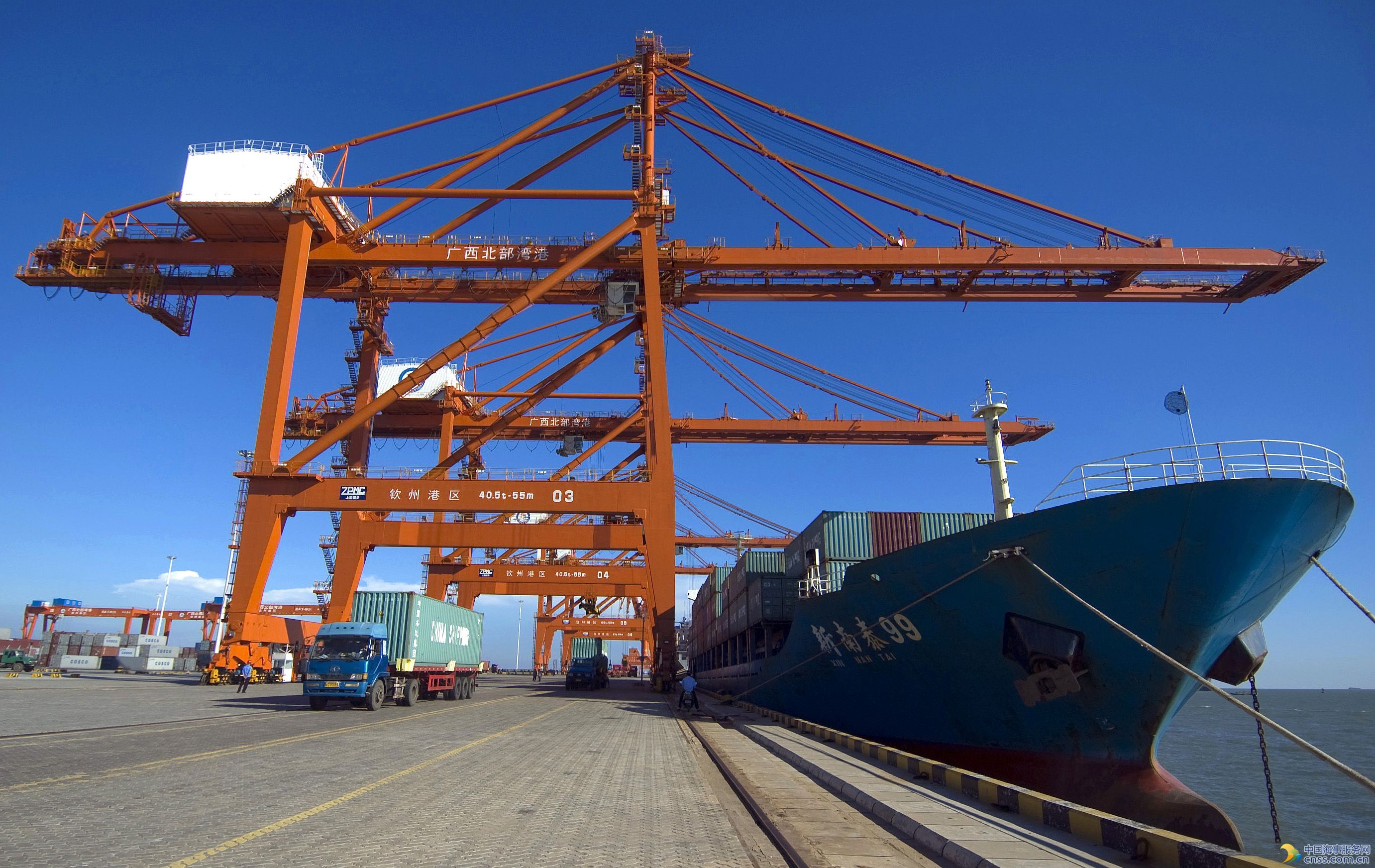Fitch: European Oil Majors Need USD50-60 Brent to Break Even

Major European oil companies need Brent prices of USD50-60 a barrel for cash flow to break even in 2017, according to Fitch Ratings’ analysis. This represents significant progress from the period of high oil prices, when majors struggled to balance cash flows at USD100/bbl, but may still not be sufficient to maintain credit quality if oil falls from the current level.
According to our preliminary modelling, Royal Dutch Shell (AA-/Negative), Total (AA-/Negative) and BP (A/Stable) should all be able to cover their capex and cash dividends from operational cash flows if oil averages USD50-60/bbl in 2017, with Total at the lower and BP at the higher end of the price range. These figures are broadly in line with the companies’ guidance. Depending on actual prices, major oil companies may continue to report negative organic free cash flows in 2017, but a combination of opex savings, capex cuts and scrip dividends puts them in a safer position.
The actions taken by European majors should be enough provided the recent oil recovery does not prove short-lived. However, in a USD40-45/bbl scenario further measures, such as dividend cuts and further capex reductions, might be needed if oil majors are to defend their credit quality. The actions of some US companies show that this is possible.
ConocoPhillips (A-/Negative), which unlike European majors has no downstream operations to support its cash flows, has a break-even price below USD50/bbl. This lower break-even is the product of efficiency gains and cost re-sets, as well as the fact the company has paid for some of its larger mega-projects and is now at a point in the cycle which requires less capex.
ConocoPhillips slashed capex by around 70% compared to the 2014 level, and cut dividends by around 60%. The three European majors have been less radical, cutting capex about 40% on average and providing a scrip option, which is less effective than dividend cuts as take-up rates are difficult to control.
European oil majors’ normalised per-barrel EBITDA fell 23% on average in 2016 outpacing the 17% Brent price decline as companies were additionally pressured by weaker refining and trading margins. We believe that 2016 represented the lowest point of the cycle, and oil companies’ results should gradually improve on stronger oil prices, cost deflation and better spending discipline.
European oil companies have also announced massive disposal programmes. This should help them reduce their net debt, which increased due to the 2015-16 cash-flow deficits. Disposals are particularly important for Shell after its BG acquisition. The company’s ambitious USD30bn disposal target now seems feasible following the announcement of a further USD5bn in assets sales and another USD5bn under negotiation, on top of USD4.7bn received in 2016.
Source: Fitch Ratings
HEADLINES
- Do shipping markets want Biden or Trump for the win?
- All 18 crew safe after fire on Japanese-owned tanker off Singapore
- Singapore launching $44m co-investment initiative for maritime tech start-ups
- Cosco debuts Global Shipping Industry Chain Cooperation Initiative
- US warns of more shipping sanctions
- China continues seaport consolidation as Dalian offer goes unconditional